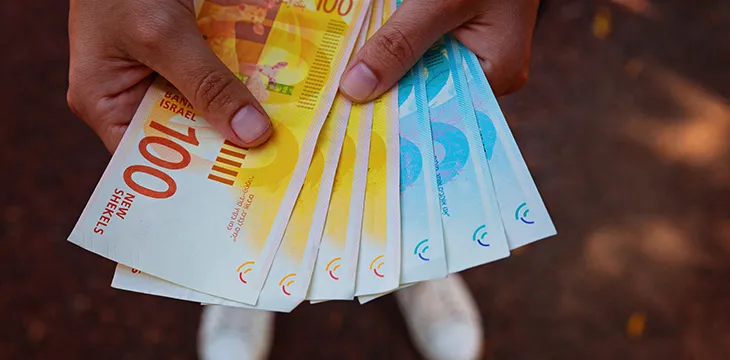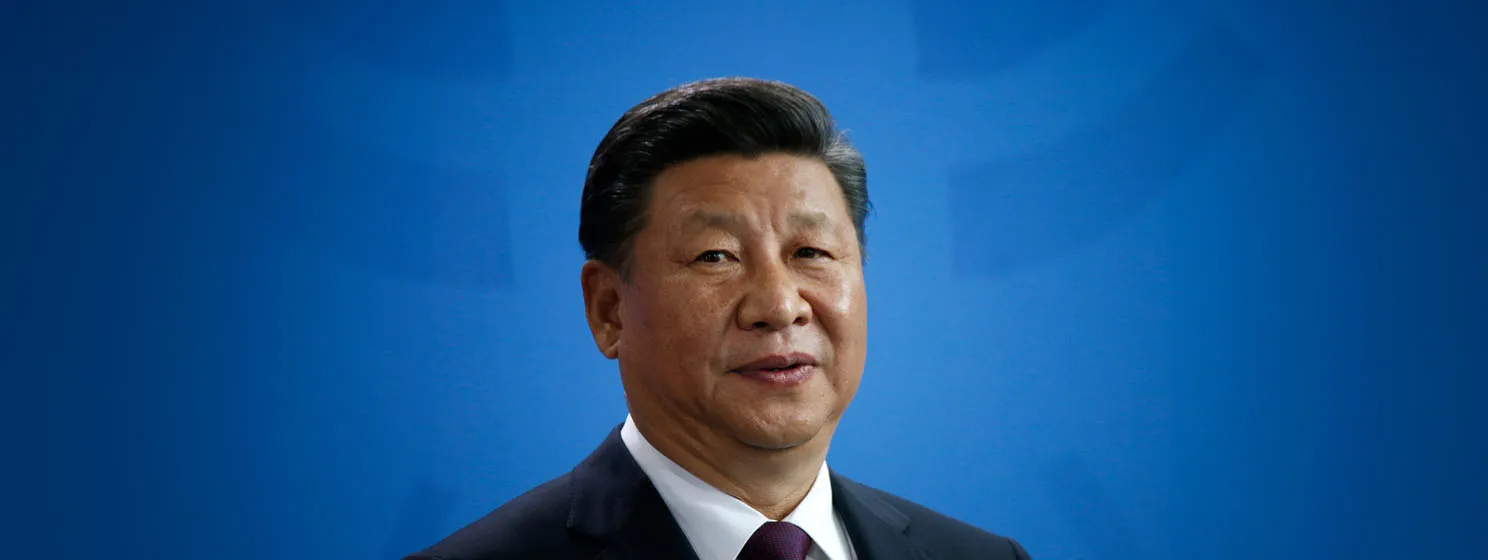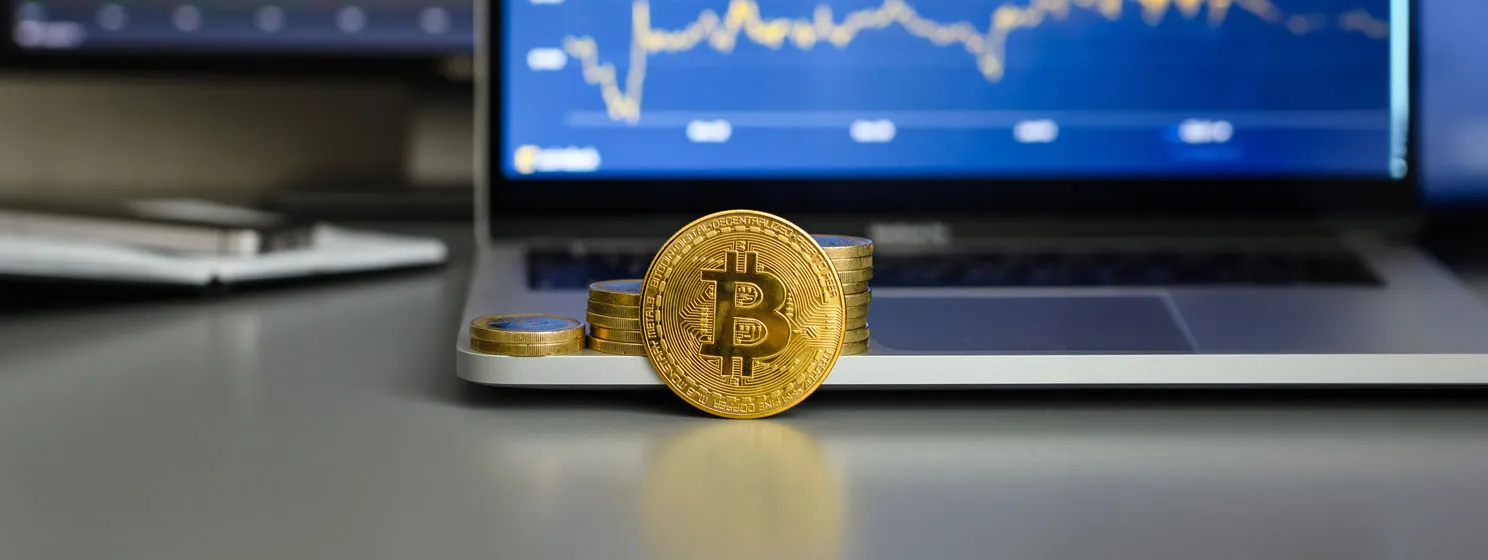|
Getting your Trinity Audio player ready...
|
The Prime Minister (PM) of Palestine, Mohammad Shtayyeh, wants to separate the state from Israel as much as possible. One way to do this, he asserts, is to stop using the Israeli shekel currency and in its place could soon be a digital currency alternative. The Al-Monitor media outlet reports that the PM has reiterated the Palestinian government’s position to dump the shekel in favor of cryptocurrency as a way to overcome obstacles that have been set up by the Israeli government.
Speaking at the opening of the new Palestine Center for Computer Emergency Response in Ramallah on July 9, Shtayyeh said that he and the government are looking at all options that would not be subject to Israeli intervention. His remarks followed a previous interview after taking office when he explained, “The Palestinian economy has about 25 billion shekels [$7 billion] circulating in the local economy, but we’re not forced to remain dependent on the shekel.”
In 1994, the Paris Protocol was signed by the Palestinian Liberation Organization (PLO) and Israel. It gave Palestine status to operate a central bank, but not to issue banknotes. As a result, it has been reliant on the shekel ever since and is listed as a “means of payment for all purposes including official transactions.”
Two years ago, the Palestinian Monetary Authority (PMA), the central bank, announced that it was considering a sovereign digital currency and hoped to have something in place within five years. However, there is still nothing tangible ready and some aren’t convinced that it will be possible.
One of the doubters is Bakr Shtayyeh, a professor of economic and social sciences at Najah University in Nablus. He told the news outlet, “If Palestine has its own currency, will it be able to prevent Israel from withholding tax clearance funds or controlling crossings and the movement of exports and imports? Will Palestine be able to conclude direct commercial deals with neighboring countries without the imported or exported goods passing through Israeli commercial ports? The problem of the Palestinian economy is not the currency but rather a complex economic and political reliance on Israel.”
He adds, “I doubt this would achieve any economic gain. There are 170,000 Palestinians working in Israel who earn their salaries in the Israeli shekel. Add to this, 80% of the trade exchanges with Israel are in shekels. Israel won’t accept dealing with another currency, and the shekel surplus predicament in Palestine will remain unchanged.”
However, Shtayyeh recognizes that the introduction of a sovereign crypto could be an important symbol and a representation of Palestine’s challenge to Israeli domination. Those can still send a powerful message and could be enough to warrant the creation of a state-backed digital currency.

 07-09-2025
07-09-2025 





